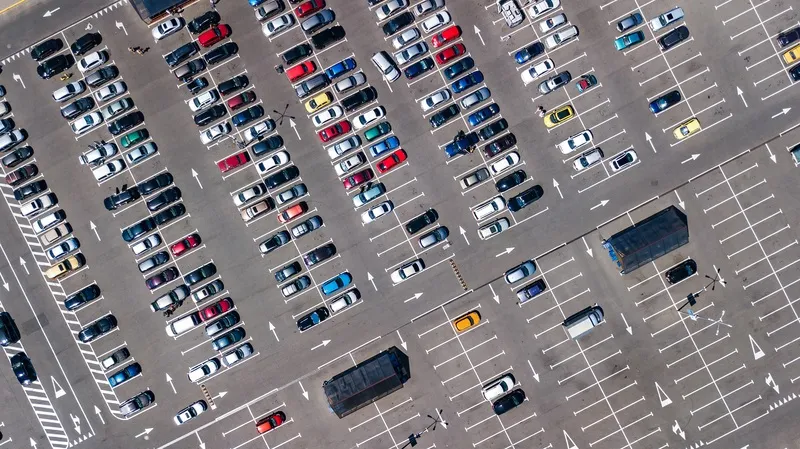
Covid-19 will probably change commuting patterns permanently, predicts a leading mobility research organisation.
“Up to 90% of people are saying they are not going to go into the office as much as previously and only about 20% say they are going to go back full-time again," said Carla Bailo, CEO at the Center for Automotive Research.
"That's a huge change and it opens up many different areas of transportation, and I have a lot cities reaching out saying: 'What shall I do with parking structures?'”
She described automated parking as a great solution because around 20% of congestion in a city comes from people driving around looking for a place to park.
“That alone will help that situation and then we will be able to use our parking more efficiently and then turn some of those parking garages into more green space,” Bailo continued.
“We do know that cities are looking at making their cities much more liveable, walkable and have better air quality; all of that is going to attract business and it's going to attract people to want to live there which is always good for your economic engine.”
She pointed out that Covid is accelerating certain technologies and how people are using the roads - for example with road space given over to outdoor dining now.
“Many cities have been talking about it for years and now they are doing it, so let's keep the momentum going even once we get through this Covid pandemic," she concluded.









